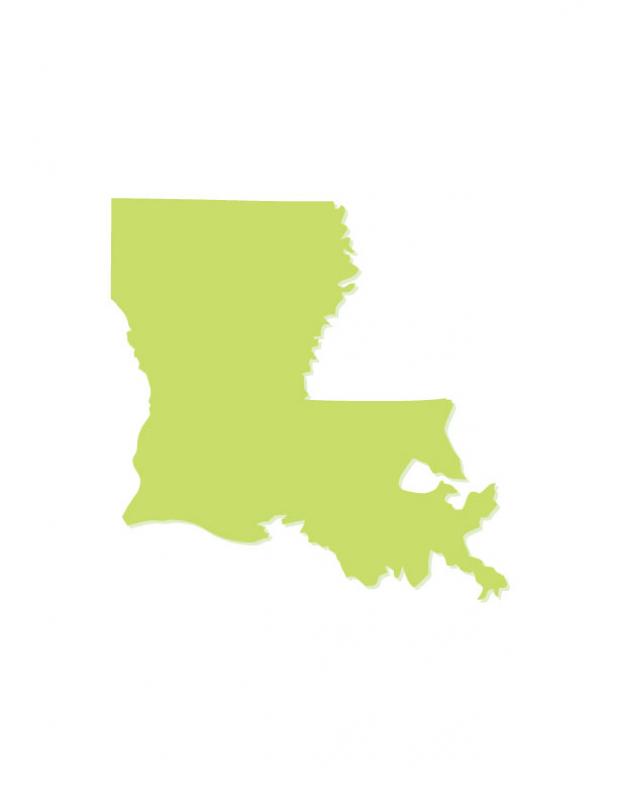
Summit talks will begin on La. political mapping
BATON ROUGE (AP) — Seizing on a national spotlight about the drawing of political maps, Louisiana residents trying to rework the state’s system for divvying up electoral districts on Wednesday announced a January summit they hope will bring about changes.
“We have a problem with the current structure,” said Stephen Kearny, chairman of the event and co-founder of a grassroots, bipartisan group called Fair Districts Louisiana.
“No matter how virtuous our politicians are, the conflict of interest in being able to choose your own voters in itself provokes bad behavior.”
Fair Districts Louisiana is working with LSU’s Reilly Center for Media and Public Affairs on the daylong summit on Jan. 19. The event aims to start talks about revamping Louisiana’s current map-drawing method ahead of the next redistricting cycle tied to the 2020 Census.
Every decade after the release of the latest Census data, states redraw their political maps to address population shifts. In Louisiana, as in most other states, the legislature determines the electoral districts for congressional, state House and state Senate seats.
The maps have prompted lawsuits in several states, amid growing criticism that political parties are using legislative control to give themselves unfair electoral advantages. The U.S. Supreme Court is considering a case challenging the way Wisconsin Republicans drew districts that could lead to changes across the country.
Rep. Julie Stokes, who plans to attend the summit, said Louisiana districts have been drawn to be “ultraliberal or ultraconservative,” and don’t represent where many residents sit ideologically. She sees the January event as a way to learn about “best practices across the country.”
“I just think that there’s a whole lot of people that are underrepresented because districts are drawn in a way that are too ideological in one direction or the other,” said Stokes, a Kenner Republican. “I have people come up to me all the time and say that they feel like the outliers are making all the decisions.”
Participants in the summit said they don’t have a set proposal for how they’d like to make changes to Louisiana’s current system.
“It’s just about getting a dialogue going on this,” said Barry Erwin, president of the Council for A Better Louisiana. “The national situation, I think, has opened a lot of eyes.”
Proposals to change Louisiana’s redistricting method have gone nowhere in the past, with lawmakers refusing to relinquish their power to determine their district makeups. Some states use outside commissions to draw maps.
Kearny said he expects the summit to explore what other states are doing, to look at how independent commissions work and to consider ways in which the legislature could stay involved in the map design but with more guardrails aimed at preventing conflicts of interest.
His aim, Kearny said, is to raise public awareness about the manipulation of electoral districts and try to drum up public pressure for change.
Still, lawmakers have shown little interest in adjusting Louisiana’s redistricting system. Rep. Mike Danahay, the Sulphur Democrat who chairs the state House committee that oversees redistricting, said he doesn’t see that changing.
“The feeling in the past of lawmakers is: Who better knows their districts than those lawmakers?” Danahay said.
If the state switched to an outside commission, he said, “I don’t know how you take the politics out of it, because somebody’s got to make that appointment.”
